
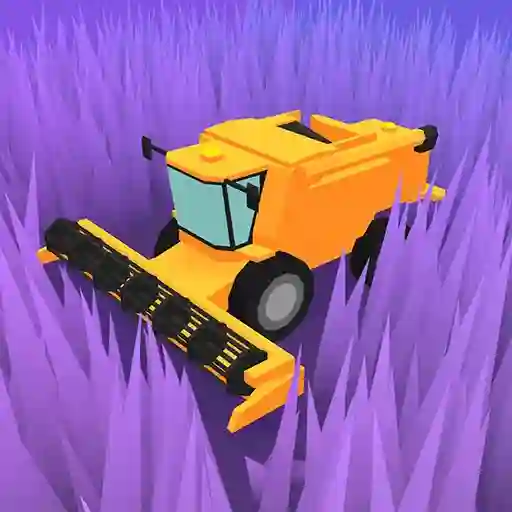
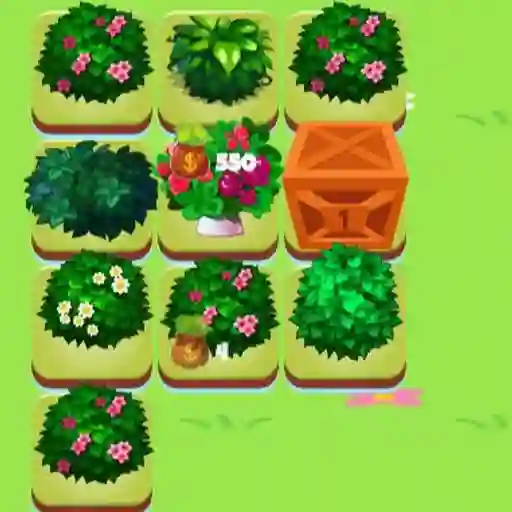

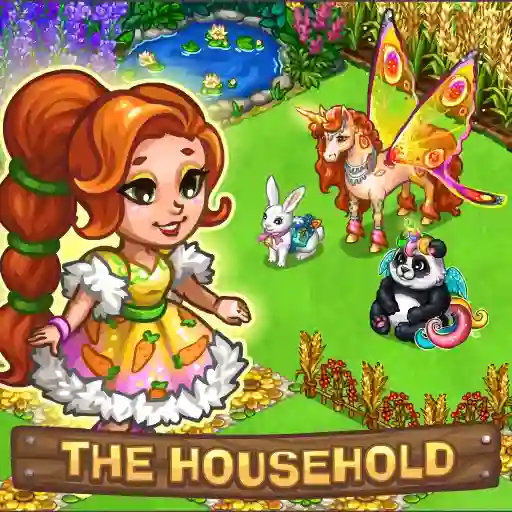

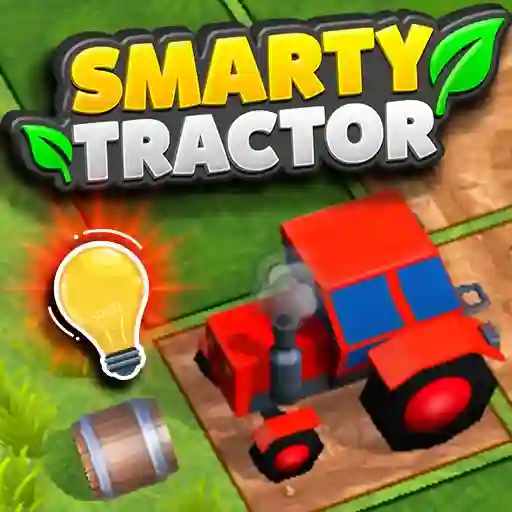

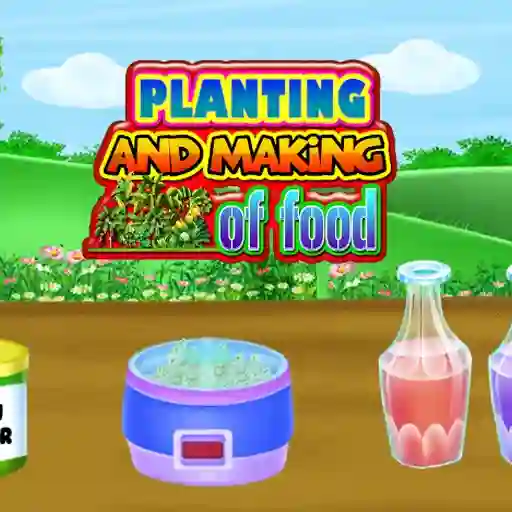
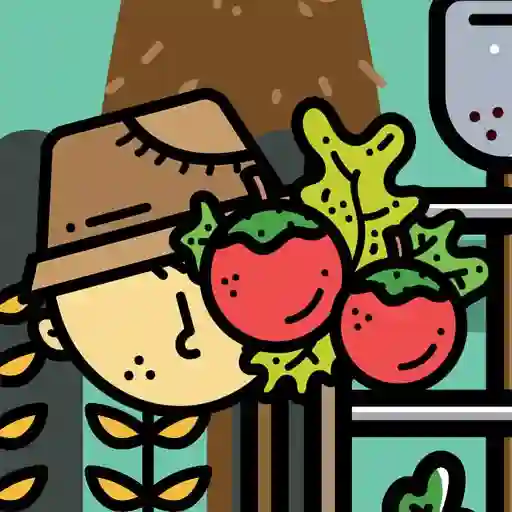
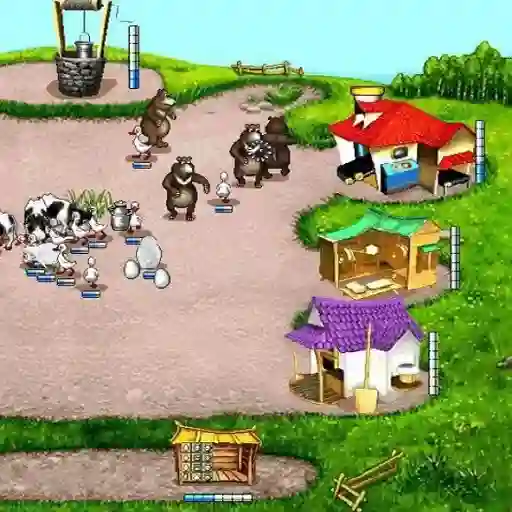
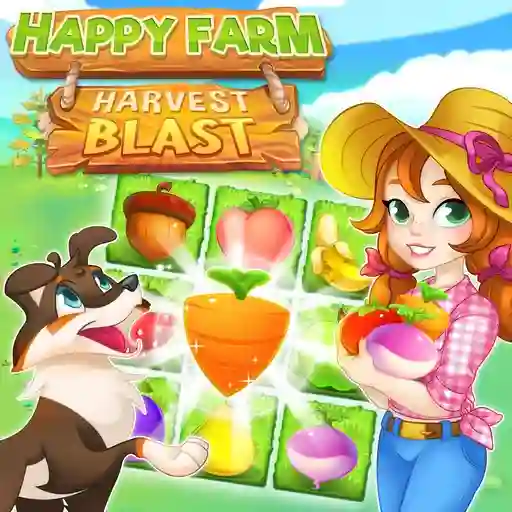

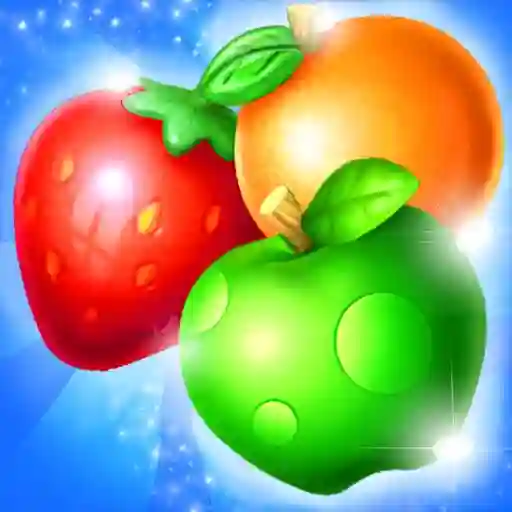
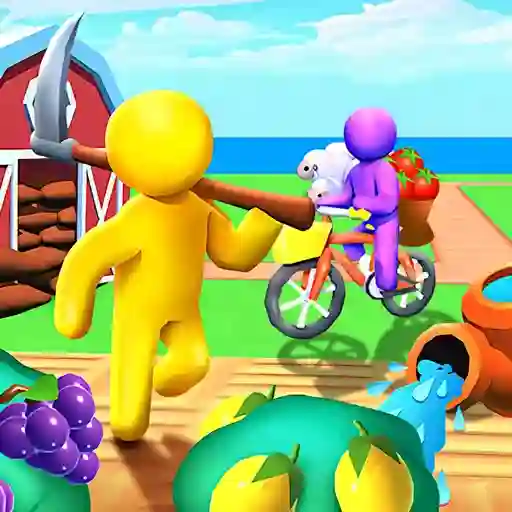
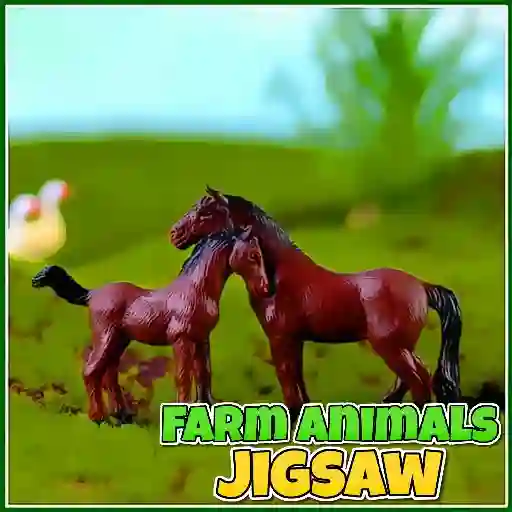
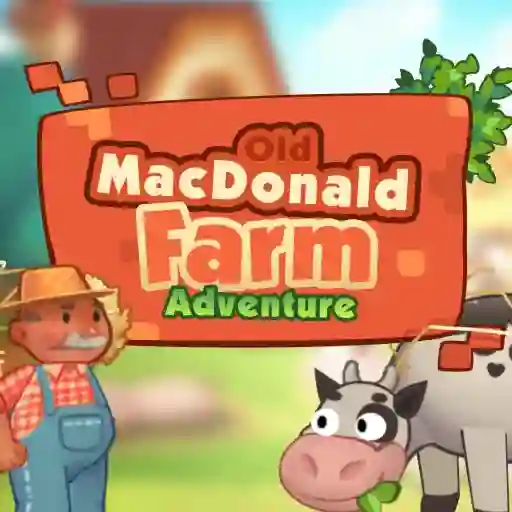
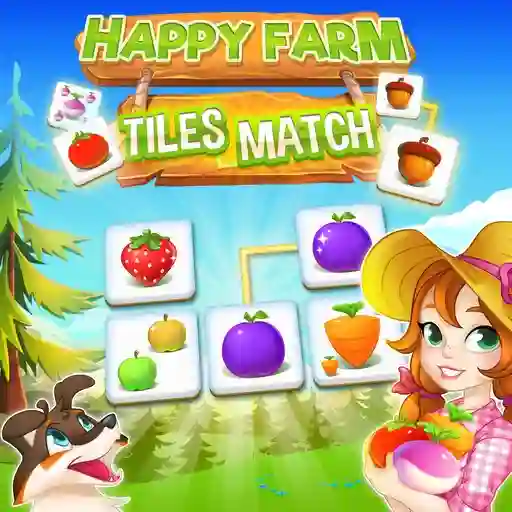
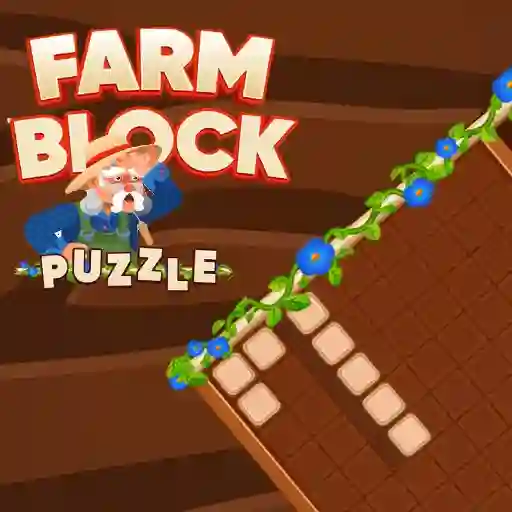
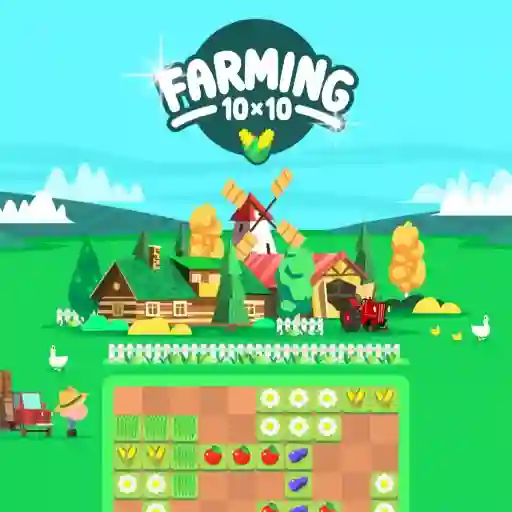


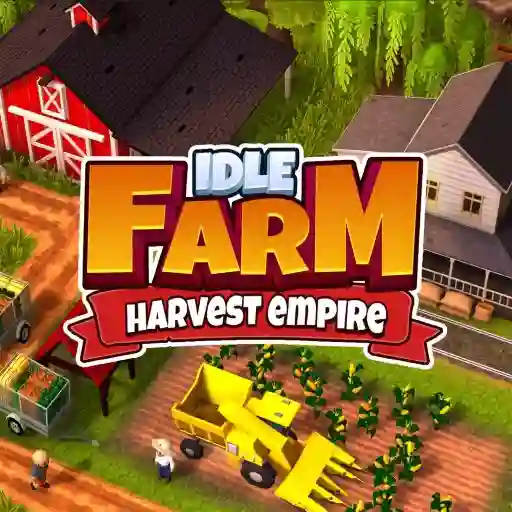
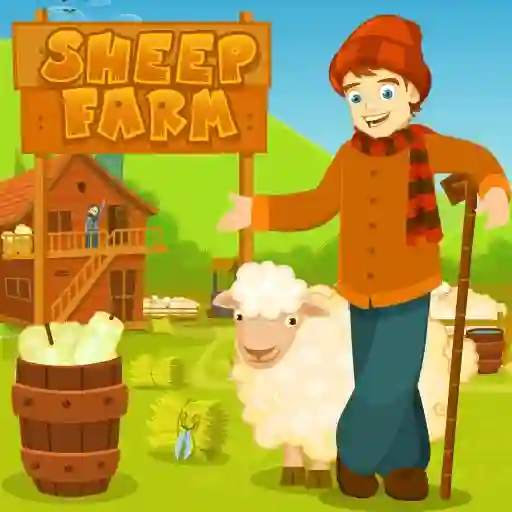
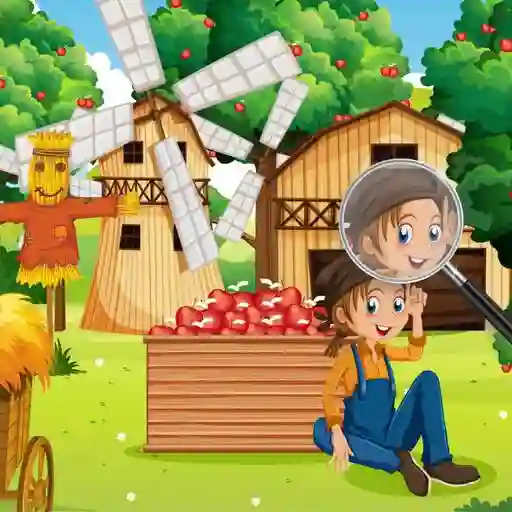

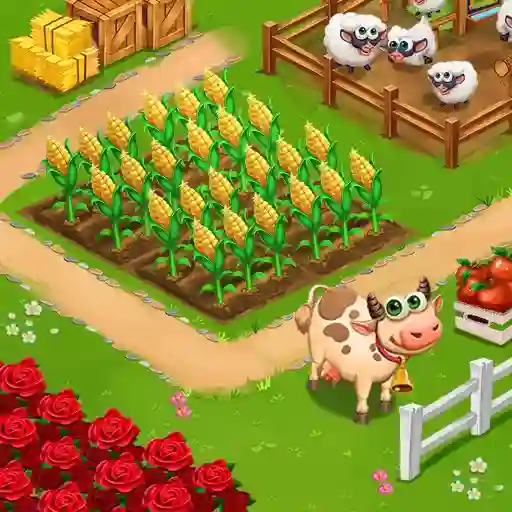
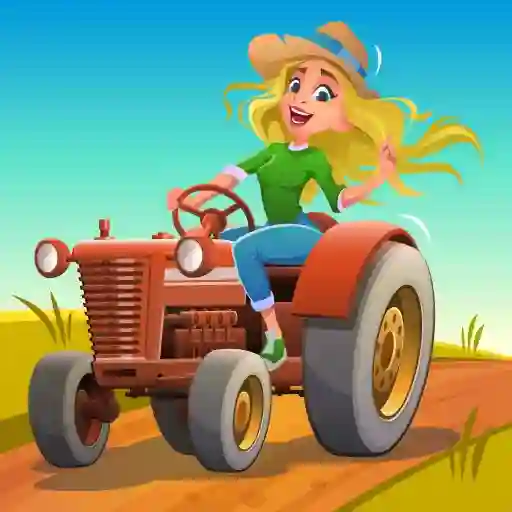
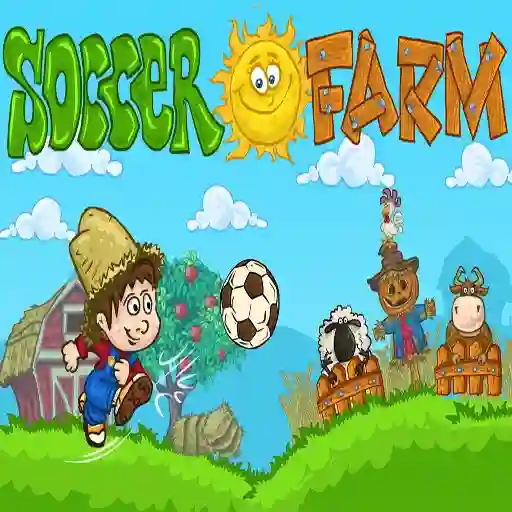
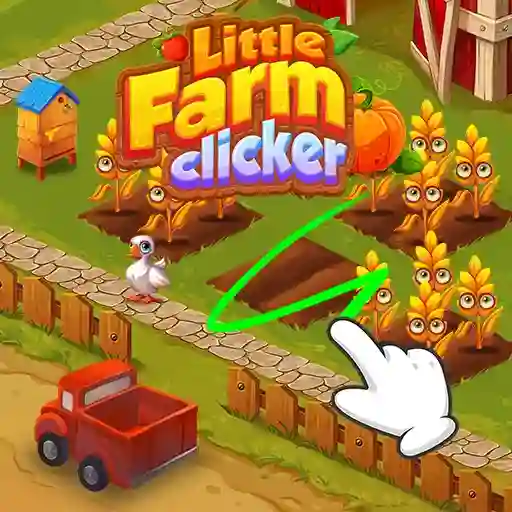
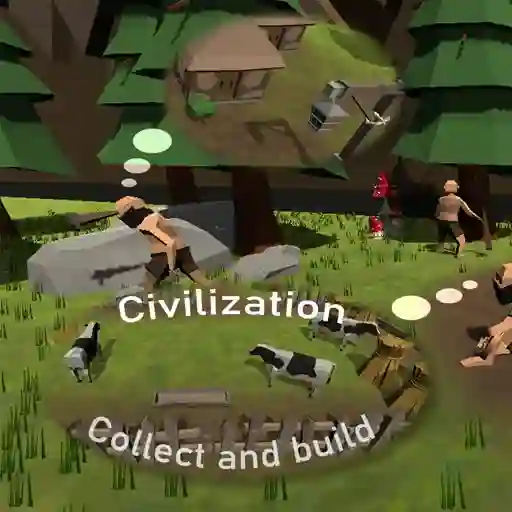
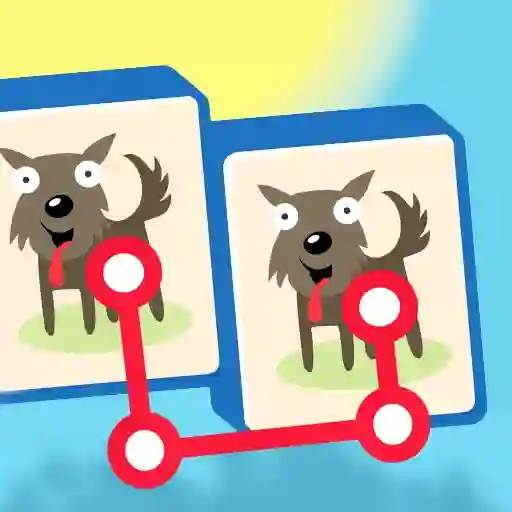

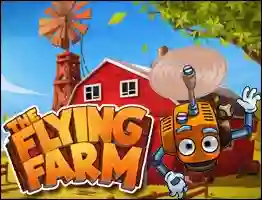
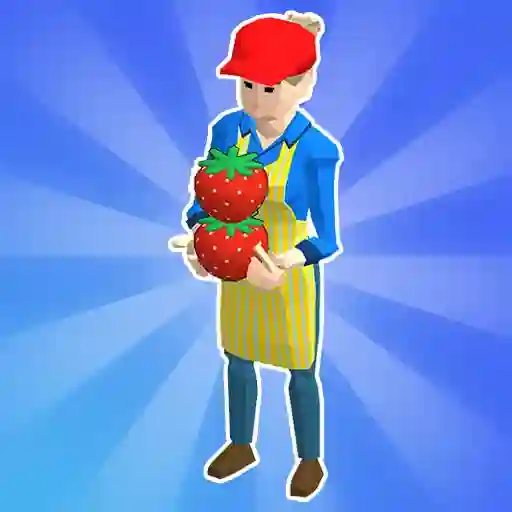


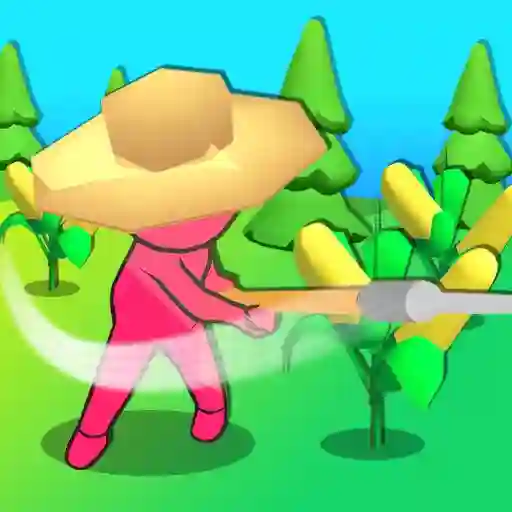
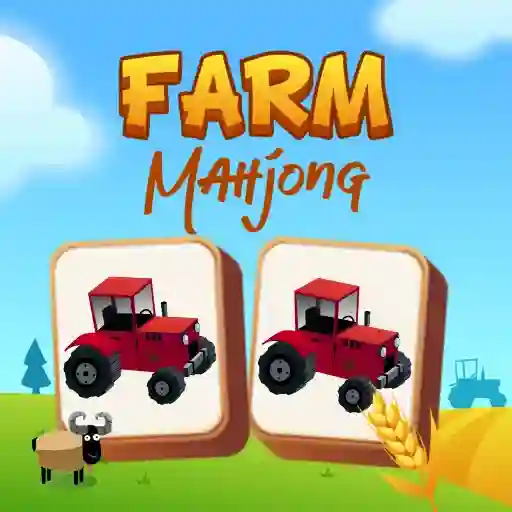
Farm games are a genre of simulation games where players manage and operate virtual farms. These games often involve planting and harvesting crops, raising livestock, and managing resources to build a thriving agricultural enterprise. Farm games typically offer a relaxing and creative experience, with elements of strategy and occasional challenges to keep players engaged.
Key features of farm games include: • Crop management: Planting, watering, and harvesting crops to generate income. • Livestock care: Raising and caring for animals like cows, chickens, and sheep. • Resource management: Managing finances, tools, and materials to maintain the farm. • Interactions with NPCs: Building relationships with neighboring characters to unlock new opportunities. • Goals and quests: Completing tasks and achievements to progress through the game.
What makes farm games so appealing?
Farm games are appealing because they offer a sense of calm and fulfillment. Players enjoy the satisfaction of building something from scratch, watching their crops grow, and interacting with a charming virtual world. The combination of creativity and light strategy makes these games versatile and enjoyable for a wide audience.
Are farm games just about farming?
No, farm games often include additional activities such as cooking, crafting, exploring, and socializing. Many games feature open worlds or neighboring towns where players can participate in events, solve puzzles, or even romance NPCs.
Can farm games be played solo?
Yes, most farm games are designed to be played solo, allowing players to progress at their own pace. However, some games offer multiplayer modes where players can visit each other's farms, trade resources, or collaborate on projects, adding a social dimension to the experience.